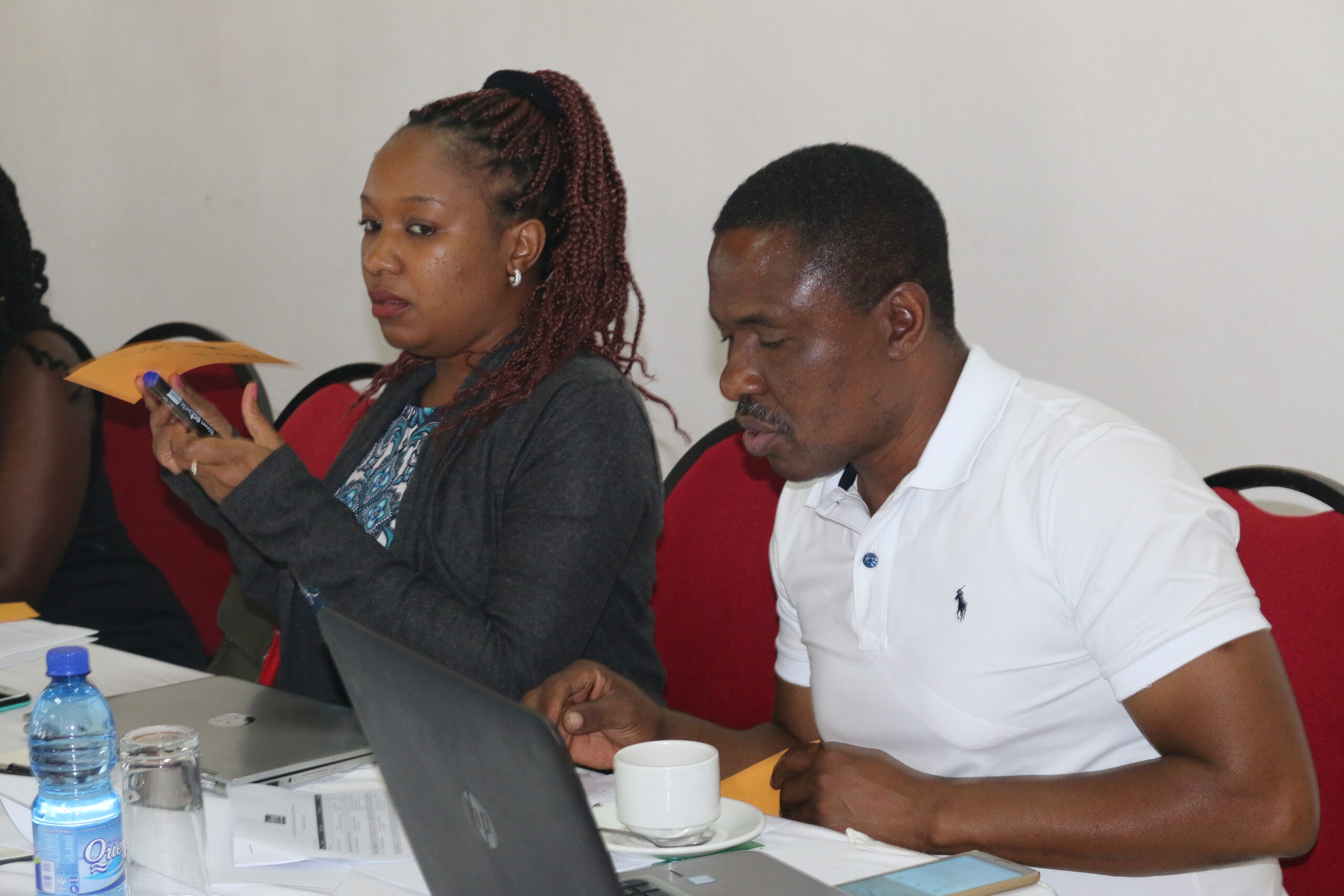Open Up Contracting and Adaptive Learning
Open contracting is a relatively new agenda for Hivos and ARTICLE 19 as well as for many of our local partners. It’s important to acknowledge that the Open Up Contracting programme and its partners are in a joint learning process together.
We test and learn from successes and failures of different approaches. We’re constantly looking to build capacities, and allow for experimentation. This is why we want the collaboration with local frontline organisations to be iterative and adaptive.
That’s why over the past weeks, we have conducted a series of regional adaptive learning workshops with our partners to calibrate our approaches and strategies, and to plan for 2018.
From experiment to implementation
While the first phase of the collaboration (2017) with partners was characterized by learning
and experimentation, the next phase (2018) will be characterized by taking these first learnings, adapting, and building on practices and approaches that show to be useful and effective.
In 2018, Hivos and partners will extend the support to our local partners to strengthen the implementation and turn their pilot projects into high-impact projects. This includes revisiting the theory of change, assumptions, understanding beneficiaries and target groups, user-centred- design, political economy analysis, adding layers of data for analysis, and additional support for local collaborations and investigations.
Adaptive learning
To support this transition, we started an adaptive learning process to learn and adapt to lessons learned, partners’ needs and changing environments. This process connects the 1st and the 2nd phase within the programme and will be used to adapt approaches and strategies, mentorship and the support of Hivos and ARTICLE 19 to more effectively assist partners in this next phase.
In February and March, our programme conducted regional adaptive learning workshops with the local partners in Lilongwe (Malawi), Antigua (Guatemala), Jakarta (Indonesia), and Manilla (Philippines). These workshops focused on reviewing approaches and strategies and on the planning for 2018.
Key outputs of the workshops were:
· Joint ecosystem mapping: We’ve depicted a landscape in which the projects operate, in order to identify actors, gaps and problems
· Joint lobby & advocacy plans
· Identify role and contribution of partners in ecosystem
· Partner project work plans for phase 2
· Customized support package for each partner





